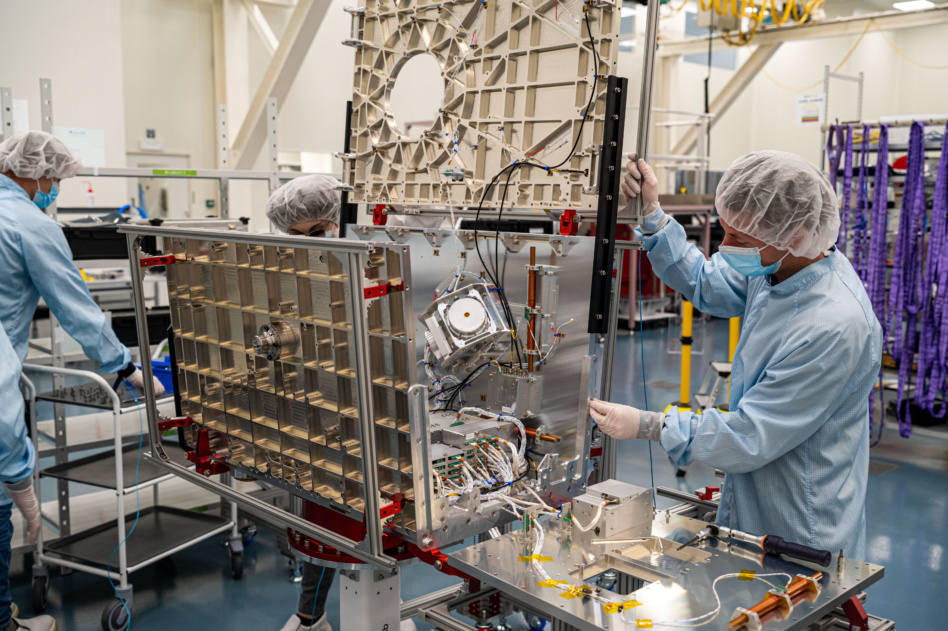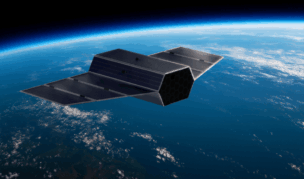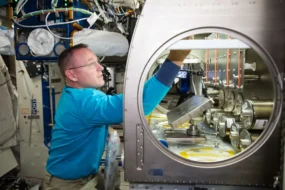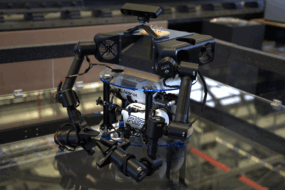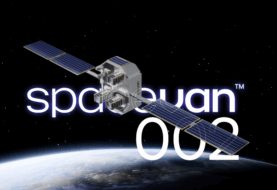Xona Space Systems raised $92M in a Series B funding round to build its PNT constellation in LEO, which aims to offer an unhackable alternative to GPS.
Craft Ventures led the round, which also included participation from Stellar Ventures, Seraphim Ventures, Toyota Ventures, First Spark Ventures, and others.
Why it matters: GPS underlies many technologies the modern world relies upon, such as syncing power grids, guiding agricultural machinery, and timestamping financial transactions. The GPS signal, however, is vulnerable to interference by intentional jamming and spoofing—and easily disrupted by space weather.
Xona’s aim: Xona is one of many companies trying to solve PNT’s vulnerability problem. The company envisions a constellation of 258 satellites—called Pulsar—that would orbit 671 miles above Earth. From this distance—around 20x closer than existing GPS sats—PNT signals would be about 100X stronger when they reach Earth, and therefore much harder to jam.
Up, up and away: Xona also announced it had received a $20M non-dilutive award from the Space Force’s SpaceWERX office. This month, the company launched its first production-class satellite, Pulsar-0, aboard SpaceX’s Transporter-14 mission.
Another demo satellite tested the building blocks of Xona’s technology in 2022.
Who pays: Since its inception in 2019, Xona has raised over $150M—including the recent Series B. The CA-based startup will use the funding to expand its manufacturing facilities and grow its engineering team as it tries to speed up the deployment of the constellation.
“In 2026, we’ll begin launching our first batch of production-operational satellites that will enable service with our earliest customers,” Xona officials said in a statement. “Now we’ll be able to move faster: Bringing more satellites online, onboarding early customers, and accelerating our manufacturing capacity to support our full constellation with hundreds of satellites in orbit over the next few years.”
Correction: This piece originally reported an incorrect orbital altitude for Pulsar’s constellation, the correct altitude is approximately 671 miles above the Earth.
